Let's talk about organics
What does an organic label mean? Australia was one of the first countries outside Europe to develop an organic national standard, this occurring in 1992. The strict standards for organic labelling apply only to products that are exported. The...
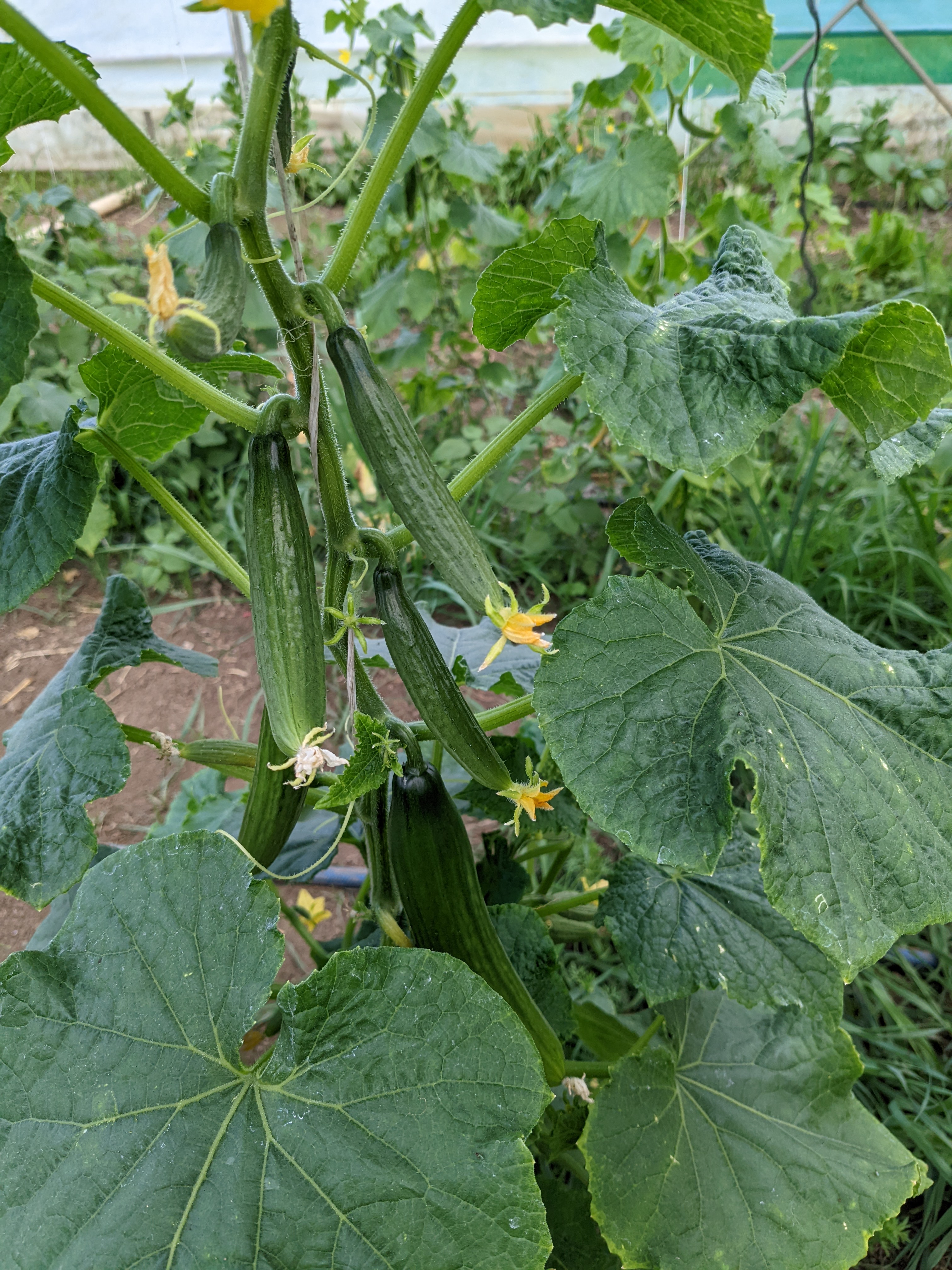
What does an organic label mean?
In 1992, Australia was one of the first countries outside Europe to develop an organic national standard. The strict standards for organic labelling apply only to products that are exported. The Department of Agriculture, Water and Environment (DAWE) manages the National Standard for Organic and Biodynamic Produce applying to exported products.
Fast forward to 2022, and Australia is the last developed country in the world to enforce a domestic standard for organic labelling. This year the federal department carried out industry consultation to progress domestic organic standards. A summary of the results of the consultation can be found here.
Meanwhile, many Australian organic growers and producers voluntarily choose to follow international organic principles for the domestic market. The principles include:
- No synthetic pesticides
- No toxic chemicals
- No antibiotics
- No synthetic fertilisers or herbicides
- No food additives, GMOs, growth enhancers or irradiation
A healthy environment and healthy soil are at the heart of organic production. Organic principles apply from the farm through to processing.
There are six Australian organic certifiers, each having their own stamp of approval in the form of a logo that appears on their certified products. The most commonly seen are the Bud logo of Australian Certified Organic and NASAA Organic.
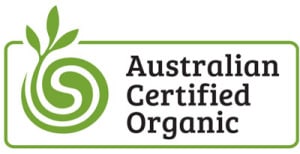
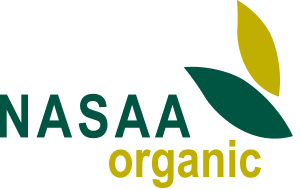
Organic certification is a rigorous and expensive process, with certification taking three years. There are many guidelines to abide by, conditions to meet and regular inspections by certifiers.
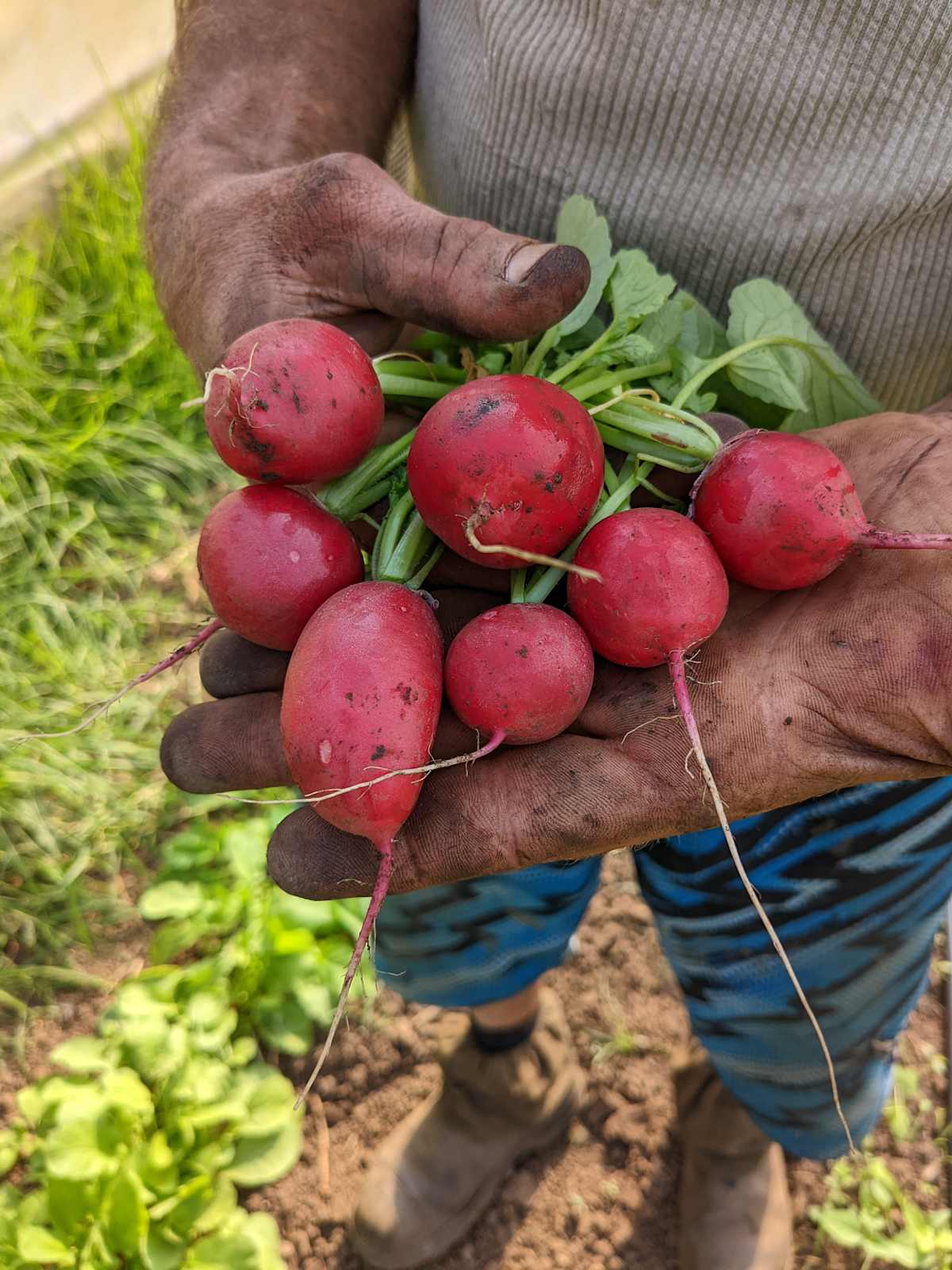
Benefits of organics
Most people buy organic food because they are concerned about chemical and synthetic additives in conventionally grown food. The basis of organic produce is that food is grown in season and in a geographical location where its natural growth is possible without synthetic interventions and modifications. This means there are less harmful chemicals in the food and less in the environment as a result of run-off. Growing organically is a more sustainable use of natural resources, with farmers diversifying crops and maintaining soil health.
Seasonal organic produce is high in vitamins and minerals but there is no evidence that the levels are any higher than in conventionally grown seasonal fruit and vegetables. Many people believe that organic fruit and vegetables taste better.
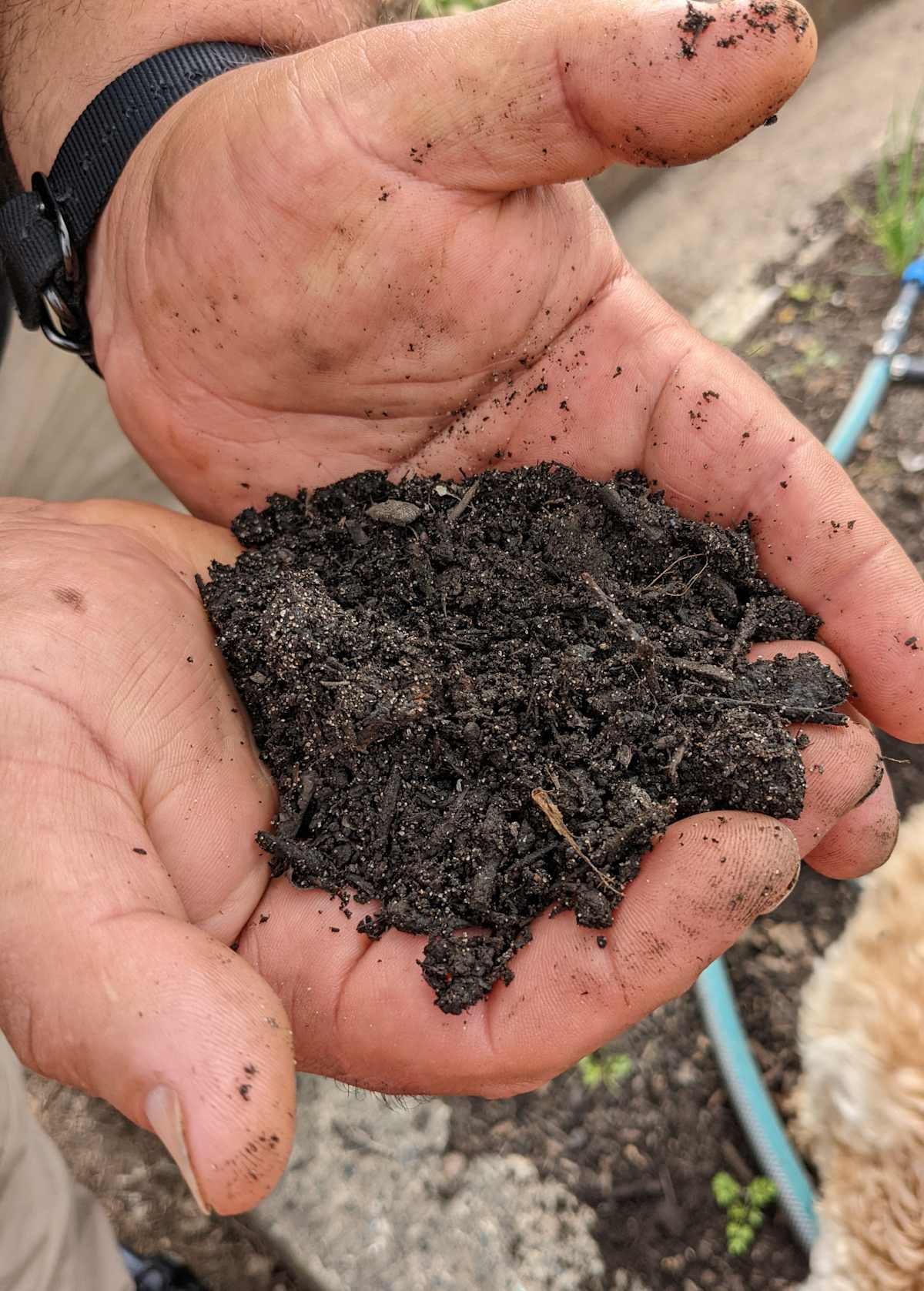
What about the cost?
At the moment we pay a premium for organic food compared with its conventional equivalent. This can be attributed to the process of achieving certification and the costs of maintaining these standards. Some say that the cost of organic fruit and vegetables is the true cost to the producer of growing healthy food sustainably for our consumption.
Did you know?
- Australia has the largest area of certified organic land in the world
- If consumers believe that they have been mislead by an organic label and that the voluntary standard for an organic product has been breached, they can lodge a complaint with the Australian Competition and Consumer Commission (ACCC)





